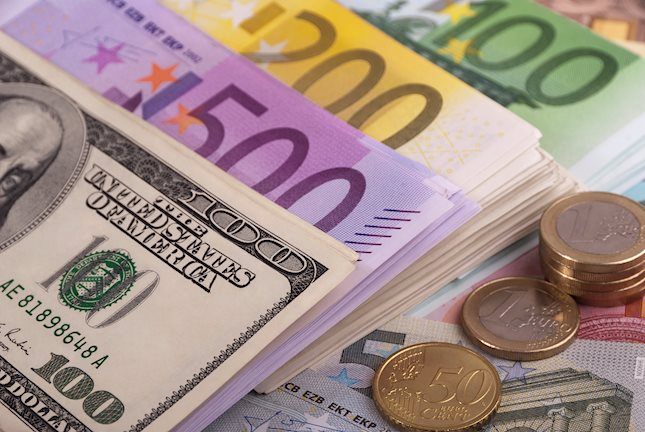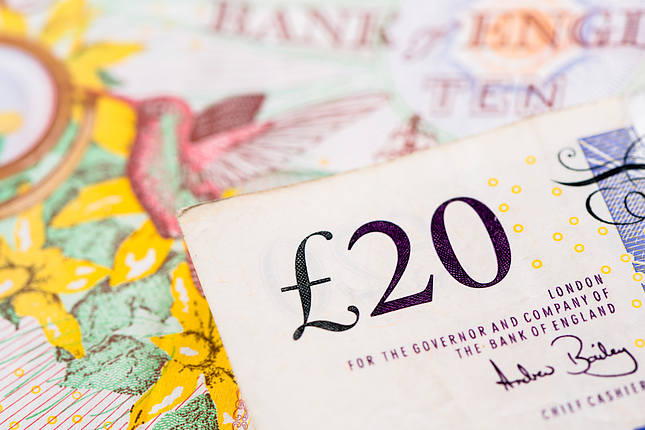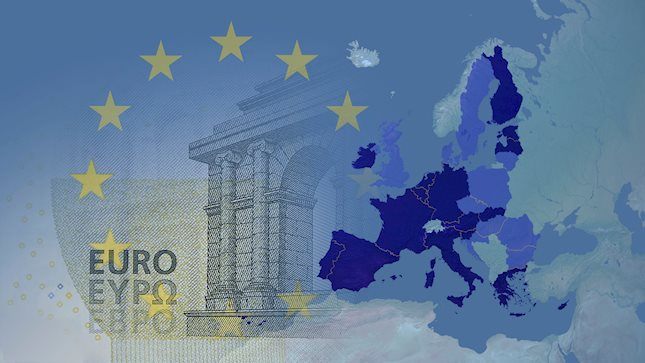- EUR/USD has been on the back foot near the entirety of Thursday’s session and has dropped back into the low 1.1900s.
- Rising US government bond yields have been the main factor driving the downside.
- But news of Covid-19 restrictions being tightened in France is weighing on the euro.
EUR/USD, which has been under selling pressure since the start of Thursday’s session after failing to break above last week’s 1.1990ish highs, has now completely unwound its post-FOMC gains made on Wednesday, with the pair now trading in the low 1.1900s. That means, on the day, EUR/USD is over half a percent or roughly 70 pips lower.
EUR/USD bears will be targeting a retest of weekly lows in the 1.1880s and perhaps even a move all the back towards monthly lows around 1.1840, which is where the pair’s 200-day moving average resides, though that will first require the psychological 1.1900 level to go.
Driving the day
The main driver of EUR/USD downside on Thursday has been a strengthening in US government bond yields which put upwards pressure on US/EU rate differentials, something which is bearish for EUR/USD. However, though the euro is far from the worst-performing currency in the G10 (NZD and CAD are, for instance, over 1.0% lower versus the USD each on the day), the euro is struggling versus GBP and JPY too.
That’s likely because news on the Covid-19 front has been bad on Thursday; amid a persistently high Covid-19 infection rate that now appears to be being driven by more infectious variants (such as the variant that ravaged the UK over the December/January period), France just announced new lockdown restrictions for 16 regions, including Paris. The new measures entail closing all non-essential shops and restricting people’s movement to within 10K of their home and will last for 4 weeks. The French government has said that the new measures will knock 0.2% off the country’s 2021 GDP growth, with the regions going into tougher lockdown representing 40% of the country’s GDP.
Analysts at ING comment that “the new lockdown will have a significant impact on economic activity and further deteriorate France's economic outlook for the first part of 2021”. The bank adds that that “the current slow pace of the vaccination campaign leaves little hope for a full lifting of the restrictions after the end of the 4-week lockdown”, before pointing out that just 8.63% of French adults have had at least one Covid-19 dose (compared to over 50% in the UK) and the recent suspension of the AstraZeneca vaccine (which in fairness has now been lifted, but is likely to further damage confidence in the jab) mean that the prospect of hitting the government’s target of vaccinating 10M people by mid-April looks unlikely.
Note: All information on this page is subject to change. The use of this website constitutes acceptance of our user agreement. Please read our privacy policy and legal disclaimer. Opinions expressed at FXstreet.com are those of the individual authors and do not necessarily represent the opinion of FXstreet.com or its management. Risk Disclosure: Trading foreign exchange on margin carries a high level of risk, and may not be suitable for all investors. The high degree of leverage can work against you as well as for you. Before deciding to invest in foreign exchange you should carefully consider your investment objectives, level of experience, and risk appetite. The possibility exists that you could sustain a loss of some or all of your initial investment and therefore you should not invest money that you cannot afford to lose. You should be aware of all the risks associated with foreign exchange trading, and seek advice from an independent financial advisor if you have any doubts.
Recommended content
Editors’ Picks

EUR/USD recovers from two-year lows, stays below 1.0450
EUR/USD recovers modestly and trades above 1.0400 after setting a two-year low below 1.0350 following the disappointing PMI data from Germany and the Eurozone on Friday. Market focus shifts to November PMI data releases from the US.

GBP/USD falls to six-month lows below 1.2550, eyes on US PMI
GBP/USD extends its losses for the third successive session and trades at a fresh fix-month low below 1.2550 on Friday. Disappointing PMI data from the UK weigh on Pound Sterling as investors await US PMI data releases.

Gold price refreshes two-week high, looks to build on momentum beyond $2,700 mark
Gold price hits a fresh two-week top during the first half of the European session on Friday, with bulls now looking to build on the momentum further beyond the $2,700 mark. This marks the fifth successive day of a positive move and is fueled by the global flight to safety amid persistent geopolitical tensions stemming from the intensifying Russia-Ukraine war.

Geopolitics back on the radar
Rising tensions between Russia and Ukraine caused renewed unease in the markets this week. Putin signed an amendment to Russian nuclear doctrine, which allows Russia to use nuclear weapons for retaliating against strikes carried out with conventional weapons.

Eurozone PMI sounds the alarm about growth once more
The composite PMI dropped from 50 to 48.1, once more stressing growth concerns for the eurozone. Hard data has actually come in better than expected recently – so ahead of the December meeting, the ECB has to figure out whether this is the PMI crying wolf or whether it should take this signal seriously. We think it’s the latter.

Best Forex Brokers with Low Spreads
VERIFIED Low spreads are crucial for reducing trading costs. Explore top Forex brokers offering competitive spreads and high leverage. Compare options for EUR/USD, GBP/USD, USD/JPY, and Gold.